
When
Josh Lucas starred alongside Reese Witherspoon in the romantic comedy
SWEET HOME ALABAMA
, I was quick to dismiss him as just another piece of chick-flick eye candy.
Then again, I never actually saw the film, so perhaps this judgment was a
bit rash. Since I have no intention of ever seeing
SWEET HOME ALABAMA
, I may never know for sure. I do know that Lucas’s latest film, POSEIDON,
is by no means a chick flick (not like that other sinking ship story,
TITANIC); it’s a bonafide disaster epic, courtesy of boat-movie expert
Wolfgang Petersen. Check out what Josh Lucas had to say about POSEIDON,
opening this week.
Josh Lucas

What
was it like being the action hero here?
I
guess you watch the DVD commentary or whatever for this movie and all of us
are basically talking about how “This is hell. This is absolute hell!”
and Wolfgang the entire time is like, [imitates Wolfgang’s German accent]
“This the most vonderful experience of my life! I’m having so much fun!”
And all of us are like, “You have no idea.” We were all hurt. We were
all sick. I was hospitalized twice from this film. I had to have a severe
surgery the moment the film ended, the day the film ended, in order to
rebuild a muscle in my hand.
It was
just something where, to me, it was not a movie about acting. It was a movie
about reacting, because they built these sets and dropped us into basically
an environment that was so astonishingly realistic that you’re not, you’re
just dealing. I think I felt kind of a great pride in that, honestly,
because I felt like…for me, when I saw the movie, this is a movie that is
– yes, it’s a big, fun, Hollywood roller-coaster of a movie – but
truthfully, these people are going through a really horrible situation and
they’re not flirting and talking about crap like they wouldn’t be and that
was sort of the achievement everyday, was going and figuring out how to get
through the scenario and how to help each other through it and we as actors
had to kind of… I often times went home on the weekend and said, “Thank
God no one was killed.” That’s all I can say.
Why
did you get involved in this project?
Wolfgang,
simply. Wolfgang to me was… I mean, he said to me, “I want to make the
third, finish the trilogy,” the first obviously being Das Boot – and the
homages to Das Boot that are so clear in this movie – and he said, “You
look at the structure of Das Boot and you have a huge party that goes into a
wildly contained very tough scenario.” And that to me, and dealing with
his absolute passion for filmmaking was what I wanted to be around and that,
to me, was what every day was about. His achievement, that way, as a human
being, is really amazing, particularly the consideration.
I read
an article the other day where he was talking about when he did Das Boot,
knowing one of the U-Boat commanders. His
philosophy of directing came from that man’s passion for what he did every
day and for his ability to help a lot of people feel that and when you’re
dealing with a movie like this where people are sick and hurt and really
struggling through it because of the situation, the commander – which he
is – which from the very first moment I met him is why I wanted to go do
it.
The
second half of the movie is almost dialogue free. Where’d the lines go?
You
know, there were and that was again something that me and Kurt and Richard
and Wolfgang and all of us sat there and we were like, “You know what? The
situation would not warrant them.” There is an urgency in dealing with
this monster and dealing with also the fact that we were watching horrific
tragedies unfold on TV in our trailer every day and going, “No, people are
not gonna talk. They’re not gonna flirt. They’re not gonna play or get to
know each other inside this environment.”
So we
started stripping and the challenge of that then becomes the internal
element of what this person is feeling and somehow figuring out ways to
portray it in a situation where there’s… four fans that create
100-mile-an-hour wind shooting at you with people dropping fake wrenches and
different things that they’re shooting at you. There’s fire. There’s all
these different things and yet you’re trying to say, “Wait a second. Yes,
this situation, you have to be physical and move through it, but what is
happening inside of this man’s, in this man’s fear at that point for the
fact that he is possibly thinking he’s going to die and not have saved
everyone.” So it became very much an interesting internal exploration and
I think some of it’s there, actually.
What’s
up with Wolfgang’s obsession with water and boats?
I
think it’s one of those things where he’s very…Wolfgang’s interesting
because I guess it’s something he’s learned, you know? And he’s very clear
about the fact that he’s learned how to use it and how to work with it and
the more he learns and knows how to work with it, the more he wants to,
because the challenge of it is so massive. There’s nothing as difficult as
working with., because you are, in a sense, trying to contain Mother Nature.
Water and fire are completely uncontainable even on a soundstage. And
there’s moments where really Kurt was like, “My hair’s on fire.” Literally
sparks had popped into his head and there’s so much of that no matter what,
and I think Wolfgang loves that.
Wolfgang
loves the fact that you’re creating something where you’re putting people
inside of a situation that cannot be controlled as much as it can be. And I
think that becomes something for him every day that he’s really enjoying
that challenge and enjoying putting people within that and trying to see how
they would react. It comes from Das Boot obviously and then each time I
think he feels he’s gotten better at it and better at understanding how to
play with it. It’s a treat for him, I think.
Did
this make you question your own mortality? And if this really happened,
would you stay with the captain or go try to find a way out?
There’s
no doubt I would go. I think that’s the sort of interesting question of
this. Without a doubt I would go. There’s no way I would wait to be saved.
And did I question my mortality? I really genuinely had moments on this
movie where I was like, “Either I’m going to be killed or someone’s gonna
be killed.” And that is an amazing thing to sit there and deal with when
you’re making a film.
The
think about Wolfgang, it’s so interesting…there was one moment where I
really genuinely thought I was going to drown. I got caught on a wire and
the safety people had been sent around the corner because they were in the
shot and so they couldn’t see me and the camera-people couldn’t see me and
there was about maybe two inches of breathing room – it was during the
scene with the little boy – and I got trapped and basically my belt got
pulled down and I couldn’t…in the beginning panic, I went the opposite
direction, I was disoriented, and basically I realized I was starting to
lose my breath and there was nowhere to go, I had no breathing room.
So I
snapped. I got out of that water and I was like, “You don’t understand!
You’re putting us in danger and you’re only going to get one take. That’s
all you can have — one take. One take. One take.” Wolfgang goes,
“Great, great. No, I understand. I understand. So you’ll do it again.” I
was like, “Alright! One more! Let’s go!” And it was like somehow his
passion for this, every day, you’d find yourself wanting… you’d like him
so much you’d want to please him and his vision is so specific. There’s five
cameras at all times, so even if Camera D, there’s something he doesn’t like
exactly, he’s able to say, “This is why I don’t like it exactly,” and
“Please go do it again” and you’re willing to go do it again. I
absolutely questioned my mortality.
What
were your thoughts on working on a new version of a well-known movie?
From
the very beginning, I was incredibly skeptical, because I felt like, “Why
remake a movie that people love?” And he was clear and all of us were
clear from the outset that we did not want to remake that movie. And I
think, you look at them, they are radically different films. There are a
couple homages to the original and that’s about it. The structure’s
obviously the same, but Wolfgang was very clear in that, that he wanted to
do a total reinvention and to me, I was like, “Alright. That’s
interesting.” But this was really a clear-cut choice for me to work with a
film master, that’s really it. And to experience what he then put us
through, which was a radically challenging environment on a daily basis and
trying to maintain, like you say, some sense of character within it without
dialogue, which is almost a silent film in a way.
Is
it a sign of the times that we don’t need the character stuff
from the original?
That’s
a good question. Ask Kurt about this too, because we talked about this a
lot. We said this will be an interesting movie to analyze, the difference
between the original Poseidon Adventure and this Poseidon and to analyze it
from the point of view of how movies have change and how culturally there’s
a shift too from really accepting the joyful cheesiness of that movie. If
you really look at it, it’s really what the strength of that movie is, the
original, and what absolutely this movie basically strips away.
Is
that a reaction to the fact that we went through such horrible disasters? Is
that a reaction to that’s not what people… people can smell it like a rat
and be, as much as it’s fun to watch, not find it truthful. That is what we
then battled with the entire time is trying to figure out how to make this
movie honestly have a legitimacy to it, a sense of “This is what these
people go through.” Yes, it’s a big fun ride, but truthfully, it’s very,
very tough, that situation. So, I think that’s an interesting question I
don’t know the answer to and I think there’s a clear-cut difference between
the two films.
Did
you consider doing the stunt where you jump into the pool of fire?
I did.
That’s a real shot. That’s a real shot, you know, and that was a shot I
ridiculously trained for. I would really really go home from work…I mean,
Jimmy Bennett and I, the little boy and I, we would go in the hot tub and
really sit and go underwater and hold our breath with a stopwatch and be
like, “Who can go longer?” Because that became the work of this movie in
some ways. I would actually go home, in a house I rented here, in the pool
and swim laps underwater without breathing as long as I possibly could
because I knew that Wolfgang wanted me to do that shot. And they lit that
water on fire and the safety people told me, “If you go up, we will knock
you down and shove a regulator in your mouth before they’ll be able to turn
the fire off, because you cannot go up.”
And
that point, I’m standing there like “What am I doing?” And literally
they lit it on fire and you’re sitting and you just basically go under and
boom! You go and you cannot see
anything. It’s such a misconception. Because the water’s so filled with
debris and oxygen from the water cannons and all this stuff, you’re field of
vision is about between two and five feet, which is one of the ways I got
hurt, because you can’t see each other under water and so you’re smashing
against each other and just an extremely interesting thing. What it was for
me at that point, I was like, “This is the only time. You’re never in your
life going to do this again.”
Questions? Comments?
Manifestos? Send them to me at [email protected].


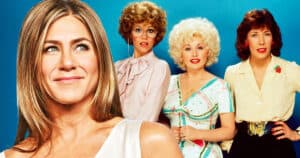
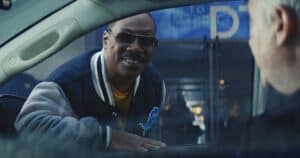
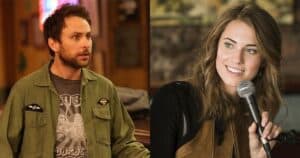
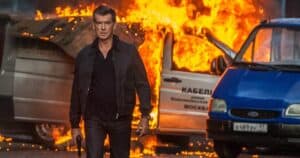




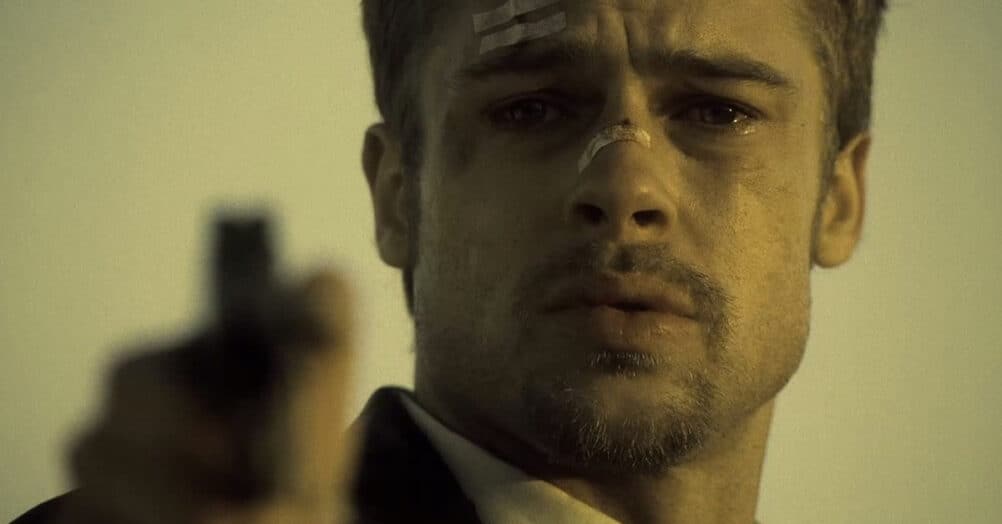
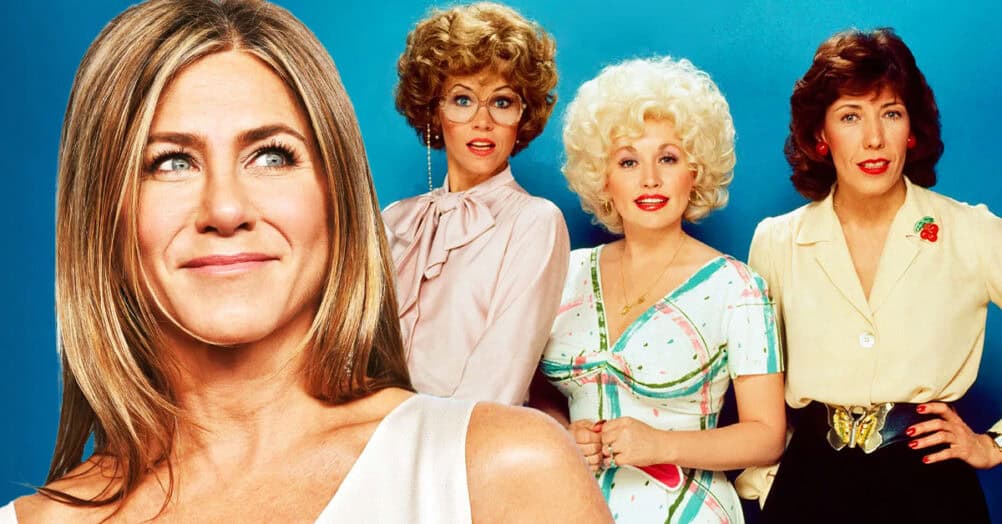
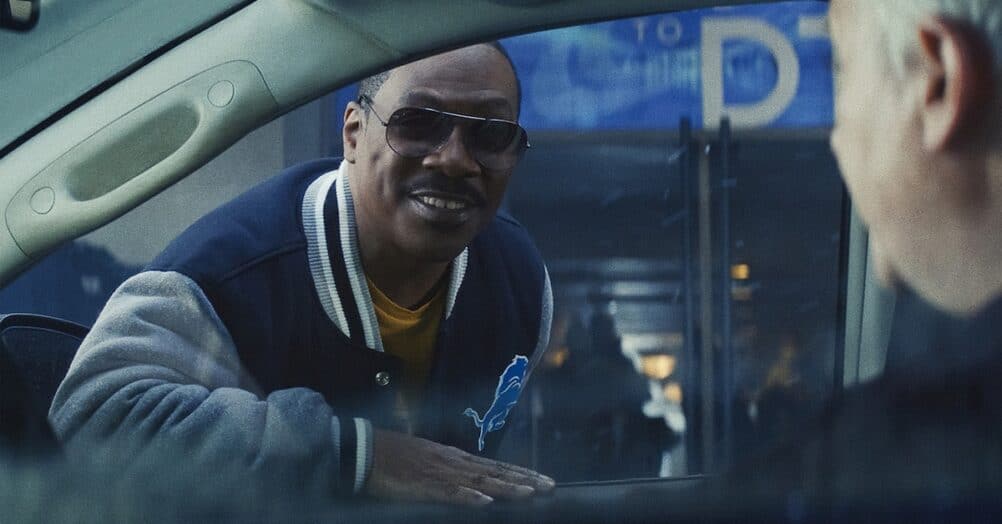
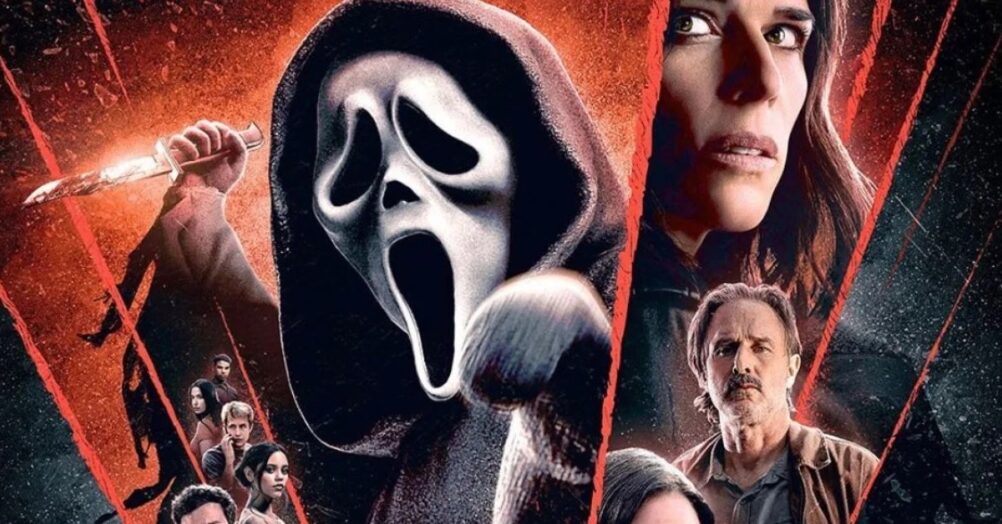
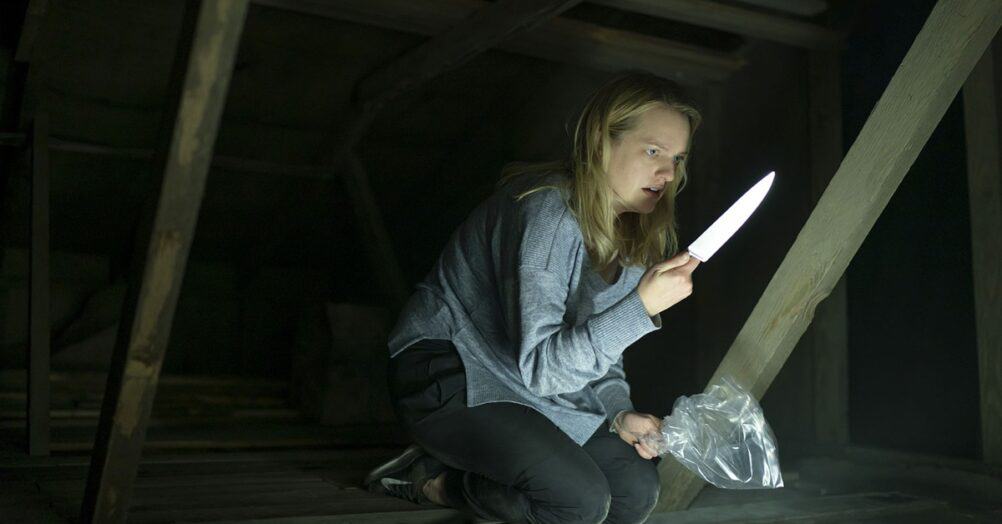
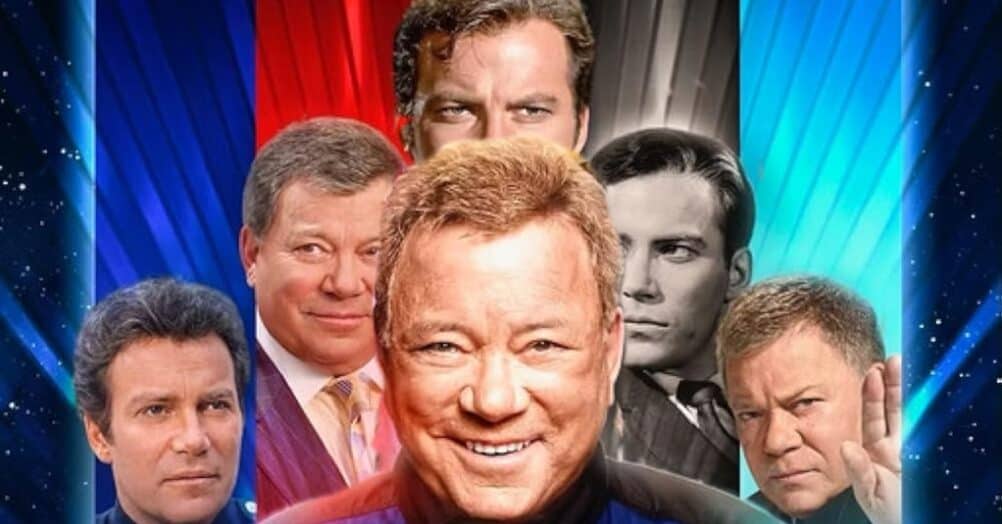

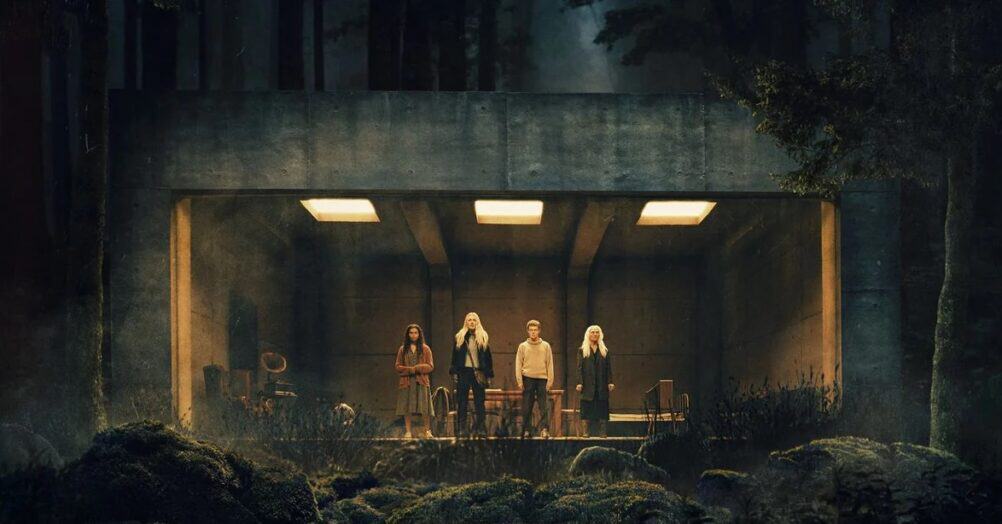
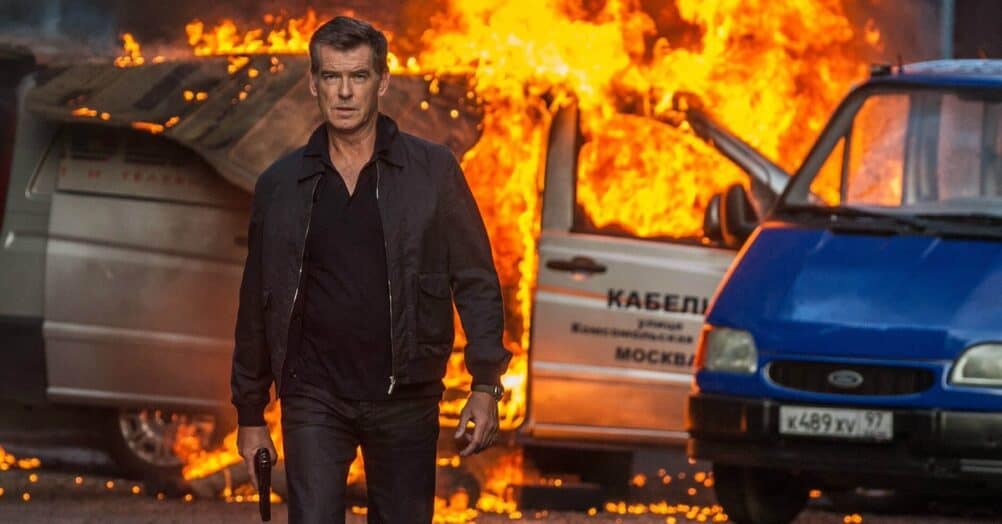
Follow the JOBLO MOVIE NETWORK
Follow us on YOUTUBE
Follow ARROW IN THE HEAD
Follow AITH on YOUTUBE